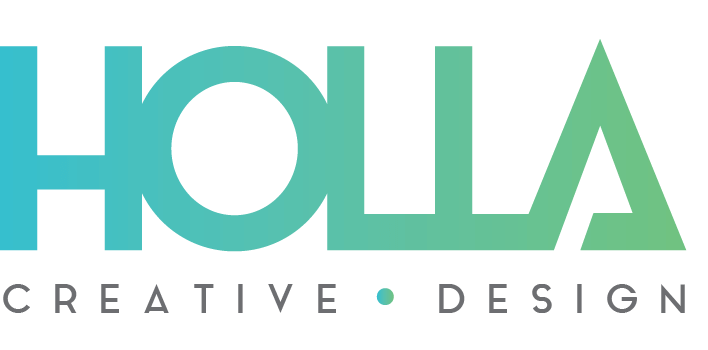Jan
Is an ad the right place to make a point?
The Gillette ad. You might have seen it. It’s a pretty hot topic at the moment, if you place any cultural value in comment threads, daytime talk shows and Piers Morgan. Everybody is arguing about whether the ad is ‘right’ or not. It’s gone super viral, everybody is talking about it and the Gillette brand is right in the middle of it all.
It seems to be a bold marketing move from Proctor & Gamble (the parent company of Gillette) but is it exploitative? Is a television ad the right place to make social commentary, since at the end of the day, the end goal is to sell razors? Should we be discussing the issue that Gillette has raised, or should we be asking ‘Is it their place to be doing this sort of thing at all?’
Last year I wrote a piece on the failed and awful Pepsi ad (click here to read article) which sought to do a similar thing. Co-opt a social movement to tie their product to the human condition. You can read that previous blog post here. In short, I made the point that Pepsi got it wrong because they didn’t say anything. I would argue that in the case of the Gillette ad, they got it right by doing the exact opposite.
Gillette decides to tackle the incredibly volatile subject of toxic masculinity, trying to create an aspirational brand message that encourages men to be the best they can be. It’s positive, triumphant and a clever use of their brand tagline that they have had for 30 years. In my piece on the Pepsi ad, I argued that a good move for a brand is to portray itself as ‘human’ rather than ‘corporate’. Corporations are unbiased, capitalist ventures that don’t have thoughts, feelings and opinions and sit proud of complex divisive issues.

Humans are flawed and emotional, and sit on one side or the other of a debate, hotly and passionately defending their stance. It’s a dangerous approach but when played right people can align with a brand, like they would with a person. They can actually like it. It’s dangerous, because people can dislike it too, something that is not so likely with an unbiased message.
So in an attempt to bolster the fact that they are trying to do good, Gillette is donating $1 million per year for the next three years to non-profit organisations executing programs in the United States designed to inspire, educate and help men of all ages achieve their personal ‘best’ and become role models for the next generation… they are literally, putting their money where their mouth is.
So yes, they made a good ad, and in my opinion used a socio-political issue well, combining it with actual monetary goodwill, all the ingredients for me to say they did it right. But should ads be doing this at all? This is just a sales tool, right? They want you to buy razors, right?
Well maybe not. When your brand gets to the size of Gillette’s you have an increased responsibility, just like those celebrity men in the spotlight getting called out for their despicable sexual abuse histories. You’re in the spotlight now, watched by millions and regarded as a role model. Whether you like it or not, when you reach a certain level of fame there are so many eyes on you that you can’t get away with acting like a piece of garbage anymore.

Gillette seems to be aware of this. If you watch the ad closely, razors never appear, not even once. And there’s no sales sign off at the end. They know, that you know, they sell razors and that a side effect of their ad will be that they pop into your head the next time you need to buy blades for your face, but they’re treating it exactly like that, a side effect.
This ad reads more like a charity ad, a call to action to improve lives and be better. Yes, I’m being optimistic, and idealistic. Of course they wouldn’t make this ad if they didn’t think it would improve their business. But they’re improving their business by being a genuine force for good, not a pretend one like Pepsi last year.
Massive point of clarification though, I’m not saying this makes Gillette or Proctor and Gamble a perfect company who we should all go out and empty our wallets into. I probably won’t be going out to buy Gillette products just because of this ad. Like any massive multi-national company there are a lot of issues, the pink tax and child-labour issues to name but two. Instead, I’m looking at the ad in isolation, as a case study of using socio-political commentary in an advert, and in that respect, it does its job well.
So, what does this mean for the future of advertising as a whole. Should you do it with your product or service? I guess the answer is; only if it’s something that you truly believe in. Gillette as a company is too large for us to know their motivations for sure, and it could have all have been an attempt to go viral and start an argument, (and in that respect it was very successful!) But they are doing actual good with their monetary donations and the positivity of the message.
Anyone who does anything does it for more than one reason. And I think its ok to want to sell your products AND do some good at the same time. They have the money and influence to do it, and if you think your brand can survive the opposition side of the argument then you’ll come out stronger.
Good creative is instrumental in the growth and success of a brand, a product or a business, but it’s also a chance to do some actual good in the world. Let’s hope this is the beginning of a trend, both for Gillette and for advertising as a whole…
If you would like to receive more informative articles like this one, please sign up to the Holla Club Newsletter.




No Comments